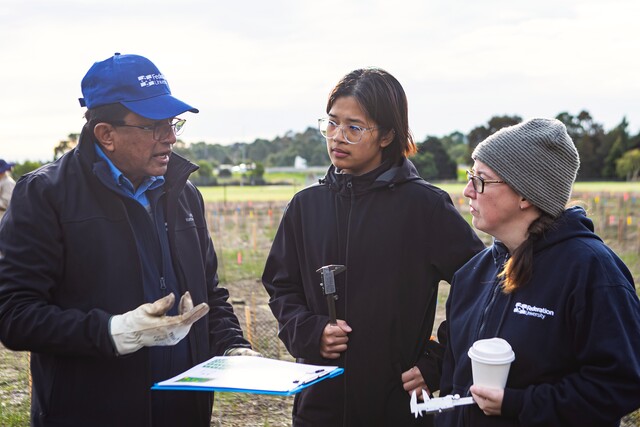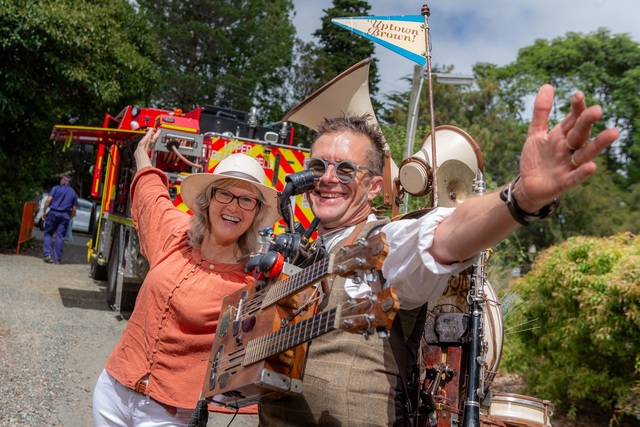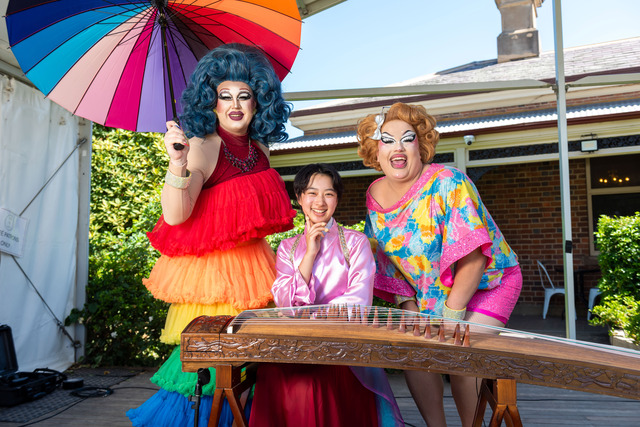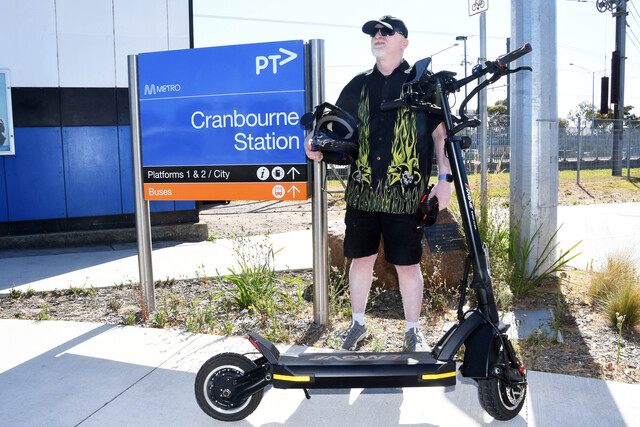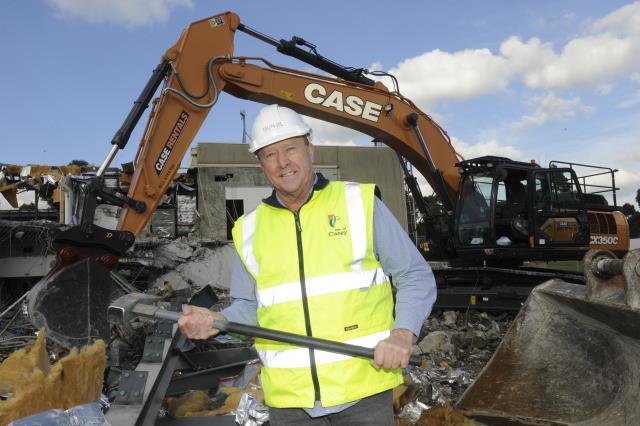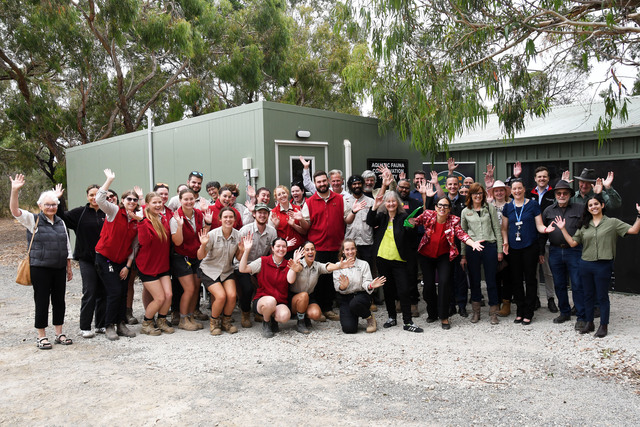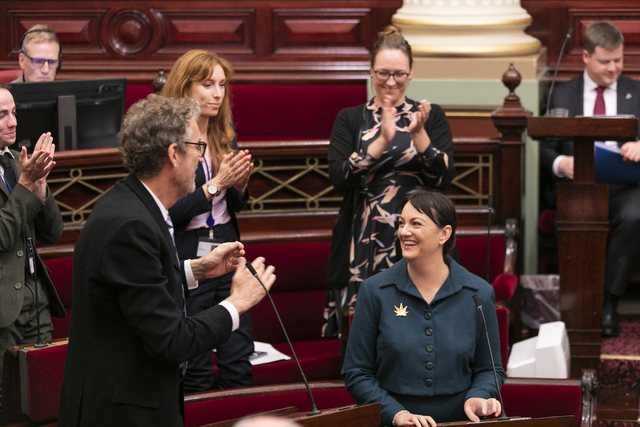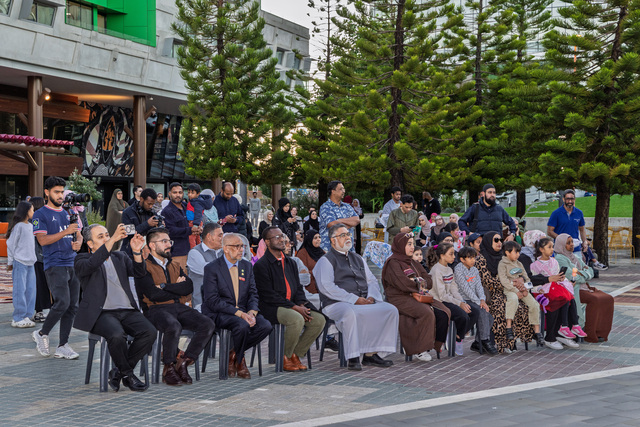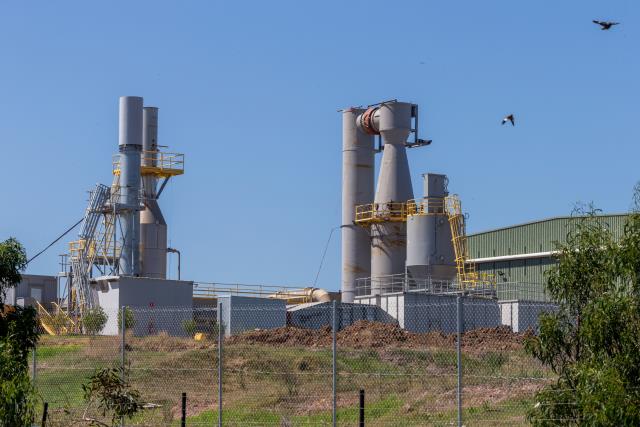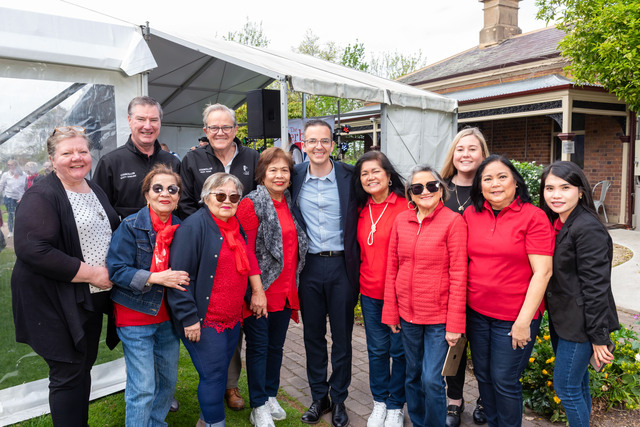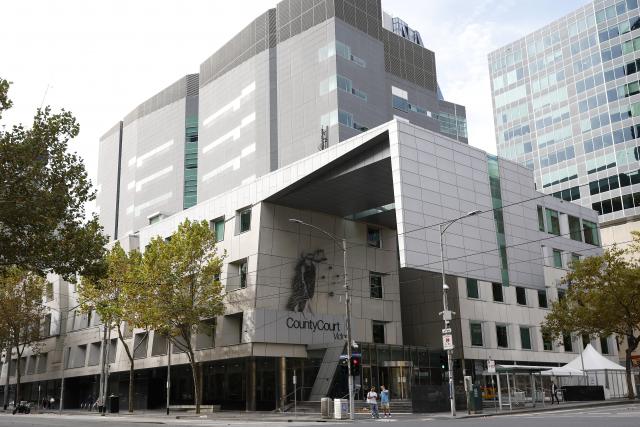An “innovative” study is underway to determine how native plants respond to climate change in Greater Dandenong and Melbourne’s East.
Federation University researcher and plant eco-physiologist Dr Kushan Tennakoon from the Future Regions Research Centre is leading the pilot program that will mointor thousands of new plants near Dandenong Stadium and other sites.
“Our involvement in this project is as the research and development partner and also to track the measurements of these plants into the future,” Dr Tennakoon said.
“The aim is to assess how these specially selected native plants will respond to predicted impacts of climate changes.”
Each project plot was carefully designed with the input from each partnering council, Greater Dandenong Council, Knox City Council and Maroondah City Council.
Three of the five plots will be close to Dandenong Stadium with each plot covering at least 1250 square metres and housing 1760 plants.
Greater Dandenong Council will include these in educational and outreach activities.
The other two plots are located in Koomba Park in Knox and JW Manson Reserve in Maroondah.
Five different plant species collected over four different climate zones will be looked at during this pilot program.
Dr Tennakoon says the plants were selected from different locations, factoring in the predicted temperature changes from 2024 to 2050 and 2090.
“For one species, for instance, eucalyptus, we are collecting seeds from four different locations – and this includes from wetter and cooler climates as well.
“The project is not just selecting plants specifically from the area, it’s about selecting plants and monitoring their progress with the expected rise in temperatures.”
Each tree will be mapped using differential GPS to one-centimetre accuracy to continuously provide accurate measurements of the plants’ condition into the future.
“We hope that the lessons learnt from this study can be put to good use across many other councils and across Victoria as more communities look to how they can plan for a changing climate.”
The project is the continuation of a study that began in 2022 with a planning phase and the laying out of the plots.
The plants went into ground in June and recent funding by Melbourne Water will see the project continue until at least 2026.
The next phase to include plant growth monitoring and assessing their responses to changes of climate.
Dr Tennakoon says the project will offer opportunities for Federation Uni students as some of the plots are easily accessible from the Berwick campus.
“This project really is the first of its kind and it will be immensely useful for environmental management and science discipline students because this is a natural laboratory in the outdoors, and close to our Berwick campus.
“Dandenong Stadium also attracts a large number of visitors, including students, so that will create a lot of visibility for our university’s commitment to net zero emissions and our sustainable development goals.
“My hope is that because we have pioneered this program and will continue to do the monitoring, I’m confident that Federation will be a very valuable research partner for this project.”

